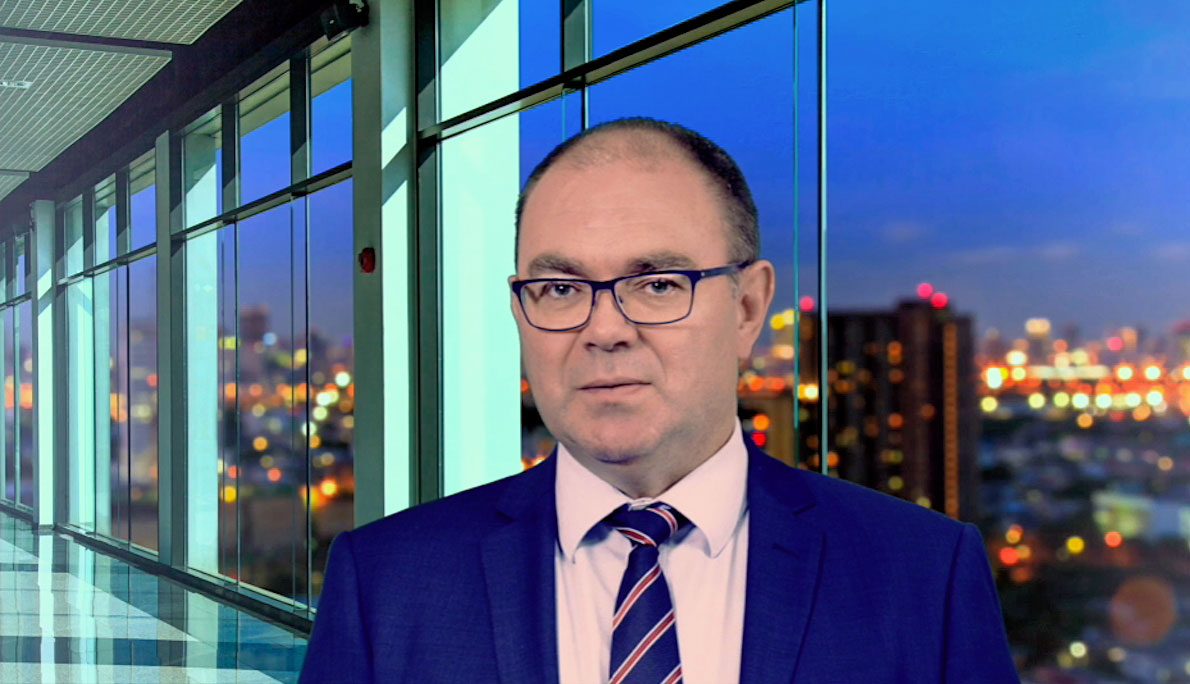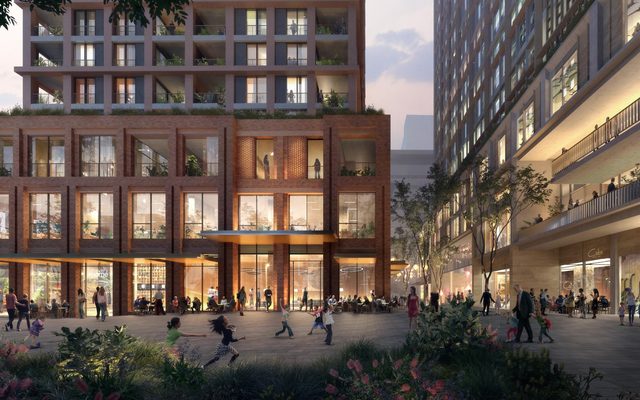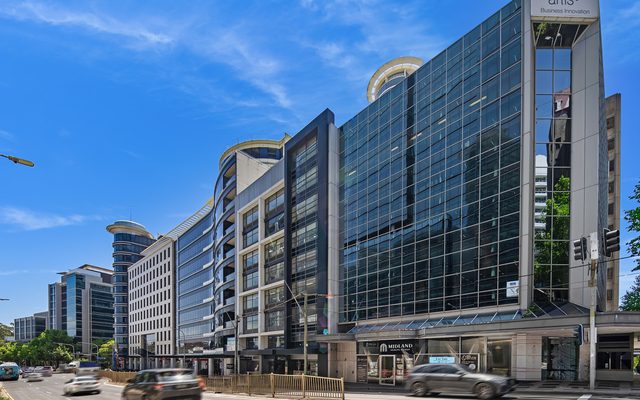This article is from the Australian Property Journal archive
SOME off-the-plan apartments are being resold at around 40% below their original price, prompting calls for buyers to do their homework and get an independent valuation.
Australia’s largest independent valuation firm, Herron Todd White, which conducts over 250 valuations a day, has found the average loss recorded in off-the-plan apartments resold over the past 18 months is around 10% to 12%, with some sales recording falls as much as 40%, and poorer-designed projects faring worse.
HTW managing director Tony Kelly told the Australian Property Journal that the firm has been tracking off-the-plan apartments and compiled a ‘pure’ database.
The firm compared off-the-plan apartment sales that were settled and then quickly resold independent of the developer, with units that were returned to a developers’ inventory after the original buyer failed to settle, and sold again by the developer.
“We have been tracking ‘true’ re-sales (not developer assisted) for years. Whilst some sales fall as much as almost 40% the average loss sits around 10% to 12%, some buildings are worse than others.
“In our data sample, we were seeing the original contract price and we valued the properties on the secondary sale, where the market and apartment quality dictates the price,” Kelly said.
HTW found that in 2014 the average off-the-plan apartment originally sold for $572,000 and resold for $504,000. In 2015, the resale of a $613,000 off-the-plan apartment was $551,000, whilst last year a $649,200 off-the-plan apartment was subsequently resold at $587,000.
Based on a living area per sqm, in 2014 an apartment resold on a rate of $8,047 per sqm versus $9,112 per sqm (original); $8,278 per sqm vs. $9,228 per sqm (original) in 2015; and $8,117 per sqm vs. $9,066 per sqm (original) in 2016.
Furthermore, HTW found the losses are not isolated to the one-bedroom apartment market, with two and three-bedroom units also selling at a loss.
Kelly said the market has “become used to it” in the last three years, where apartment buyers settle on an off-the-plan purchase and found the valuation is below the contract price.
He said the issue is that some buyers still do not understand that the contract price is set by the developer, and not by the market.
The Australian Property Institute’s chief executive officer Mike Zissler said it is in everybody’s best interests that a property professional provides advice that is independent, objective and authoritative.
“This reduces the risk to all parties in a property transaction. That person is a fully qualified and professional valuer, a CPV. Their advice can be counted upon and that they have all of the proper standards and regulatory frameworks around them to assure the public and users that the advice is proper and can be relied upon.
“Further, that the API, as the professional regulator of valuers provides the framework for professional supervision through ongoing professional development and training, mandatory CPD, peer exposure and networking and where required the capacity to manage members who have breached international and the Australian Valuation Standards and the International Ethics Standards,” Zissler said.
The HTW analysis shows foreign buyers are the worst affected. Kelly said foreign buyers are not aware that they are agreeing to a premium to what locals are willing pay.
“When you are buying an off-the-plan apartment you are taking a risk that in two years when you settle and resell the apartment, you can make a profit, which was the case when the market was going strong,” he said.
In 2015, some rogue developers tried to cash in on boom by reselling off-the-plan apartments for bigger profits by cancelling existing contracts.
In New South Wales, buyers reported that developers rescinded their contracts using a sunset clause, only for the land or apartment to be resold on the same day for a higher price.
The controversial practice forced the NSW government to amend the Conveyancing Act, by requiring the developer obtain the consent of a purchaser before rescinding a contract using a sunset clause. If consent is not given then the developer must apply to the Supreme Court to justify the proposed termination.
However, the apartment market has tapered.
“We haven’t seeing a wave of contracts falling over until recently, developers are now saying settlements are falling over,” Kelly said.
“In the past when the market was strong it was not an issue. And for one reason or another, usually because the developers did not want to get a bad reputation, particularly overseas, they would just refund the deposit to the buyer and take back the property because it would sell quickly.
“Also it is difficult to take legal action against a buyer who is overseas.”
However, the market has changed and become a lot tougher since then.
“Previously, developers could take their properties to a marketing agency or trade fair overseas and sell out in the one event.
“Now contracts are falling over but developers are finding it is taking them longer to sell,” Kelly said.
It comes as no surprise that overseas buyers, particularly from China, have played a key role in both the growth and now slowdown.
“Everything is fine if the Chinese keep buying, but that is not the case anymore,”
Kelly said it is not a normal market anymore, firstly the Chinese government continues to clamp down on capital flowing out of the country and Australian banks have either tightened the borrowing criteria or stopped lending to overseas buyers, because the banks are unable to verify their proof of income.
For local buyers, the Australian Prudential Regulation Authority (APRA) is keeping a watchful eye over investor home loan demand and could step in again if investor finance exceeds its desired 10% cap.
Recently the Victorian government announced it would abolish stamp duty concessions for off-the-plan residential investment properties, adding to further uncertainty in the market.
Kelly said the importance of overseas buyers should not be underestimated.
“Because if the developers were relying on selling the bulk of these apartments to Australians, then we wouldn’t be seeing so many projects get off the ground,” Kelly said.
Meanwhile, there is further pain forecast for the apartment market.
AMP Capital’s chief economist and head of investment strategy, Shane Oliver said the Melbourne and Sydney apartment markets are most at risk of a correction.
“Generalised price falls are unlikely until the Reserve Bank of Australia starts to raise interest rates again and this is unlikely until later in 2018, which after a few hikes will likely trigger a 5% to 10% pullback in property prices, as was seen in the 2009 and 2011 cycles.
“Sydney & Melbourne having seen big gains are most at risk. Prices are likely to fall further in Perth and Darwin this year, but they are close to bottoming and should rise next year,”
Oliver said other capitals are likely to see continued moderate growth this year, and a less severe down cycle around 2019.
“But units are at much greater risk given surging supply and this could see unit prices in parts of Sydney & Melbourne fall by 15-20% as investor interest fades as rents falls,” Oliver said.
Australian Property Journal




